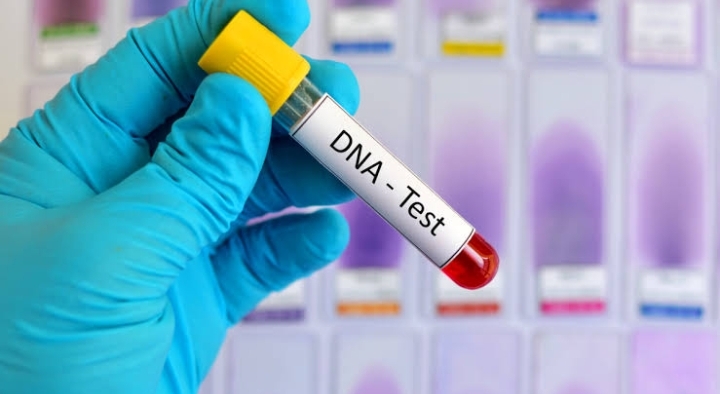Amid a persistent paternity crisis and growing trust issues within Nigerian families, a new report by Smart DNA Nigeria has revealed that one in every four paternity tests conducted in the country still returns a negative result.
The Lagos-based genetic testing company, in its 2025 Annual DNA Testing Report released this week, disclosed that 25 per cent of paternity tests conducted between July 2024 and June 2025 showed that presumed fathers were not biologically related to the children in question.
Although slightly lower than 2024’s 27 per cent, the company described the figure as a “worrying and consistent trend.”
Operations Manager at Smart DNA, Elizabeth Digia, noted:
“These findings are not just about science; they tell us something profound about trust, relationships, and the legal and economic realities of Nigerian families today. Our role is to provide certainty through accurate testing while encouraging sensitive handling of the life-changing information our clients receive.”
Key highlights of the report include:
- Firstborn children at higher risk: Firstborns, especially sons, were far more likely to test negative, with firstborn boys recording a staggering 64% exclusion rate.
- “Japa” effect driving DNA demand: Immigration-related tests surged to 13.1% of all cases, up sharply as families seek documentation for relocation.
- Men dominate testing requests: 88.2% of paternity tests were initiated by men, with older men (41 years and above) accounting for nearly half.
- Testing skewed to younger children: Children aged 0–5 years made up 58.6% of those tested, showing parents’ growing preference for early clarity.
- Regional trends: Lagos accounts for 69% of all tests, with Lekki, Yaba, Ajah, Ikorodu, Surulere, and Ikeja leading as top testing hubs.
- Ethnic breakdown: Yoruba families (53%) dominated, followed by Igbo (31.3%), while Hausa participation remained minimal at 1.2%, reflecting cultural differences.
- Motivations: 83.7% of tests were carried out for “peace of mind,” with court-mandated tests making up just 1.4%. Male children were tested more (53.8%), pointing to the cultural weight placed on verifying male lineage.
Digia emphasized the emotional and social impact of the findings, warning that many cases involve trauma and even financial exploitation. She added that a national policy framework on DNA testing is long overdue.
“Our figures reflect those who already had reason to question paternity. As such, the results should not be extrapolated to all Nigerian families,” she clarified.

